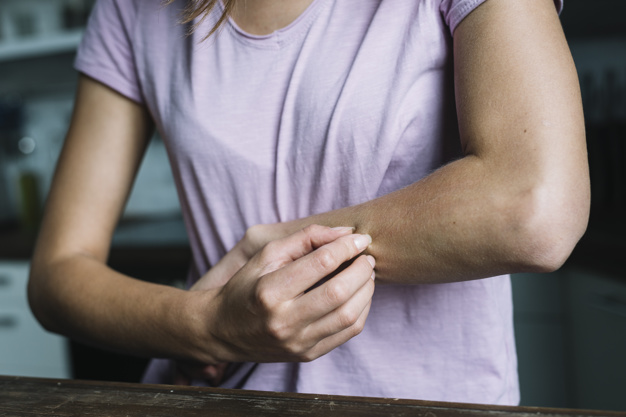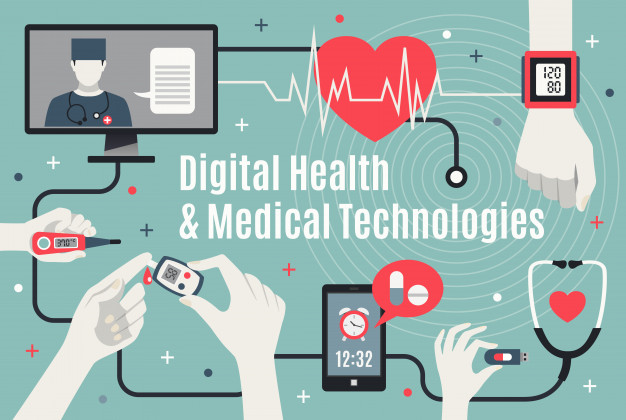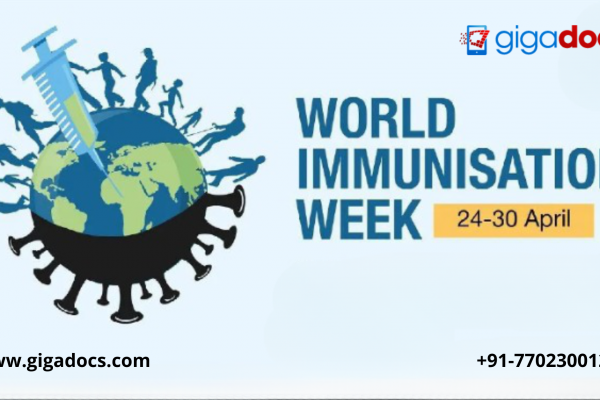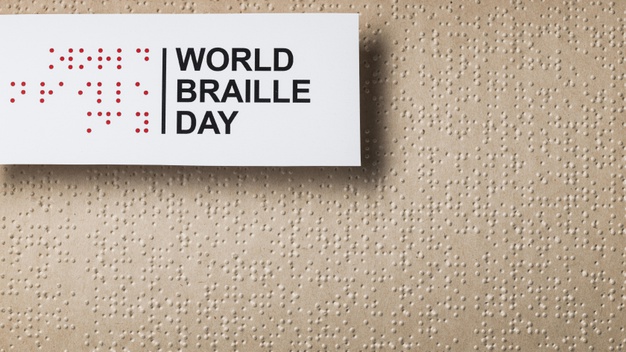The monsoon heat and humid weather invite viral and fungal infections, a perfect setting that encourages skin infections. Skin Eczema, Scabies, Acne, Dermatitis, Heat Rash, Warts, Skin rash, Itchy Skin, Acne Pimples, and Skin allergy are the most common monsoon season skin infections during this season.
When the humidity in the atmosphere rises, our skin becomes suspectable to skin rash and allergies. Thus, it is important to take skincare seriously this rainy season, it triggers excessive oil secretion in the body which leads to itching. Thus, skin and hair related issues are very common, let us discuss them in detail-
Fungal Infections/ Ringworm
Fungal Infections also called Ringworm is the most common infection during the monsoon season which occurs due to the increased humidity levels during the monsoons. Ringworm thrives in areas that are more prone to sweating transmitted through fomites. A fungus may transmit from the sharing of towels, utensils, public toilets, etc. Once acquired, fungal infection can spread across the body when a patient scratches the infected area through fingernails.
Ringworm Skin Fungal Symptoms
Red, circular patches around the neck, armpits, or soles of feet. Itching and inflammation around body fold like armpits, the groin area, the inner area of thighs, which is bothersome among obese adults and children. Skin itching could lead to secondary infection of the nails, which may become brittle and yellowish-green.
Ringworm Skin Fungal Infection Prevention Tips-
- Wear open footwear, that allows air circulation.
- Wear clean and dry clothes, change wet clothes, socks, and undergarments after exercise, or you get wet in the rain.
- Consider using anti-fungal dusting powder on foot sole while wearing socks, and after taking a shower.
- Keep your skin clean, use an antiseptic soap for a mild warm shower.
Athlete’s Foot
Athlete’s Foot can be identified by itchy, scaly, and itchy patches on the feet. The athlete’s foot is caused by fungi called candida resulting in infection of the toenails and eventual splitting of the nail.
Athlete’s Foot Symptoms-
Burning sensation, blisters, foul-smelling feet, and cracked skin. The skin in toe webs may break down.
Athlete’s Foot Prevention Tips-
- Wash your hands regularly.
- Apply anti-fungal powder in shoes, and socks to prevent infection.
- Never stay in wet socks and wear clean pairs of socks.
Hyperpigmentation
Hyperpigmentation is a humidity related skin disorder caused when skin melanocytes become hyperactive due to the direct exposure to the sun. Hyperpigmentation causes overproduction of melanin when the sunlight is not too intense.
Hyperpigmentation Symptoms-
Dull, dark patches specifically on the face. Hyperpigmentation is symptomatic of some autoimmune and gastrointestinal diseases, and metabolic disorders.
Hyperpigmentation Prevention Tips
- Consider a Sunscreen with SPF of 30 or higher to protect the skin and apply it 20 minutes before you go outdoors.
- Wear protective clothing like hats, sunglasses, stoles when you step out after lockdown along with your face mask to protect the skin from the harsh rays of the sun.
Facial Folliculitis
Facial Folliculitis or inflammation of hair follicles causes excessive hair breakage in the monsoon season. Facial Folliculitis is primarily caused by a bacterial and fungal infection that occurs due to sweating, dehydration, and excessive monsoon humidity.
Facial Folliculitis Symptoms-
White-headed pimples or mall red bumps throughout hair follicles. Pus-filled blisters that break open and crust over causing itchy, burning skin. A painful large swollen bump or mass.
Facial Folliculitis Prevention Tips
- Avoid tight clothes, wear clean loose cotton clothing.
- Dry out your rubber gloves, coronavirus prevention facemasks between uses.
- Avoid shaving, else shave with care not to hurt skin layers.
- Reach out to a skin doctor to consult for a skincare antibiotic cream, lotion, or gel.
Eczema
Eczema is skin rashes, and skin allergies that are caused by inflammation of dermatitis. Both external and genetic factors like humidity and changing temperatures are the behind Eczema. Besides, itching and scratching can further damage the skin, leading to bleeding, and secondary bacterial infections. Eczema affects 18-21% of children across the globe, an increased incidence of atopic dermatitis and nappy/diaper rash is not uncommon in the rainy season.
Eczema Symptoms-
Red, inflamed, dry, and sensitive skin characterized by bad itching, dark-colored, and scaly patches of skin. Oozing or crusting around swelling areas.
Eczema Prevention Tips-
- Stay away from dirty water or other allergy-inducing allergens like pollens, animal fur, dust, and dirt.
- Keep your skin dry as excessive sweating aggravates itching with Eczema patients.
- Establish a skincare regime to follow skincare tips and for keeping your skin healthy.
- Wear gloves for cleaning, dusting your home and office space, prevent putting hands in water.
Scabies
Scabies is a skin allergy classified as a water-borne monsoon disease by skin doctors. Scabies can be extremely contagious, transmitting through the skin to skin contact, or any infected material. The monsoon season causes scabies to spread from an infected person in constant contact with contaminated water.
Scabies Symptoms-
Thin, irregular burrow tracks on the skin that result from tiny blisters or bumps on the skin. Continuous scratching the itchy rash may cause sores. Thick crusts on the skin leading to a severe type of scabies- crusted scabies.
Scabies Prevention Tips-
- Avoid direct skin-to-skin contact with an infected person.
- Don’t share your clothing, commonly used items like utensils used by an infected person.
Insect Bites and Stings
Insect bites and stings are common in the rainy season which can cause an immediate skin reaction. Be cautious from fire ants, wasps, hornets, and bee stings, which are can be very painful. Add to that mosquitoes, fleas, and mite bites adding to that itching and pain.
Insect Bites and Stings Symptoms-
Immediate skin reactions like redness, swelling and skin irritation.
Insect Bites and Stings Prevention Tips –
- Cover exposed skin by wearing long sleeve clothes and trousers.
- Wear shoes when you go outdoors.
- Apply insect repellents that contain 50% DEET (diethyltoluamide) crème to exposed skin
Monsoon Diseases Hygiene Tips-
- Avoid tight-fitting accessories like headbands, belts, tight clothes or socks made up of synthetic fabric. They restrict skin pores to breathe and cause excessive sweating. Prefer wearing cotton clothes.
- Don’t forget to consult your virtual doctor for regular check-ups of pre-existing diseases like diabetes, and thyroid problems.
- Dry and wipe your body properly after a bath. Especially focus on skin folds like behind the knees, underarms and between the toes.
Reaching to a Virtual Doctor for Monsoon Care
Monsoon diseases can be highly infectious for your skin. As discussed, if you are experiencing any skin rash or skin allergy symptoms, it is advisable not to delay your diagnosis. To prevent the risk of waterborne skin disease transmission this rainy season, prefer to consult a digital doctor.
Digital e-Healthcare app assists you to avail of skincare from the privacy of your home. Virtual Consultation lets you access digital Medicare services offered and service delivery methods.
Book your virtual doctor for toothaches, chronic infections, and seasonal flu, on the Gigadocs app. Gigadocs is an intelligent practice management E-Healthcare app available to download on the play store and app store.
To Download Gigadocs app-
- IOS App – apple.co/2W2iG4V
- Android App – bit.ly/33AQoRC




